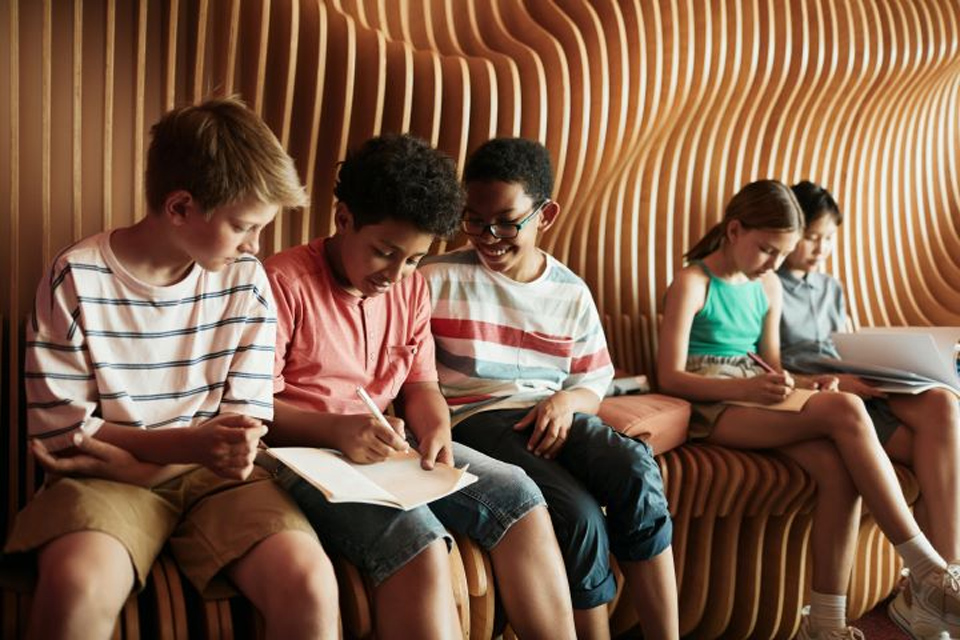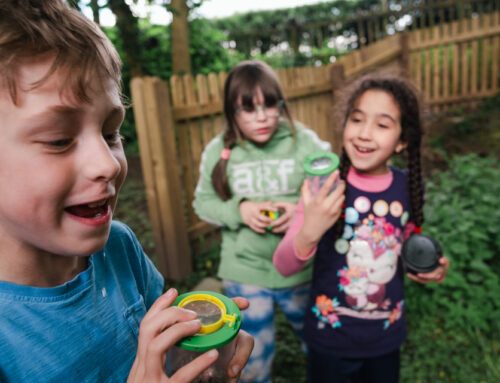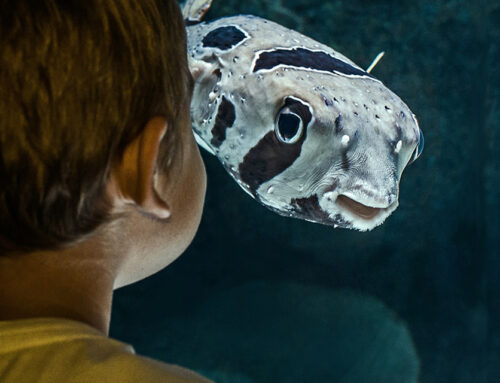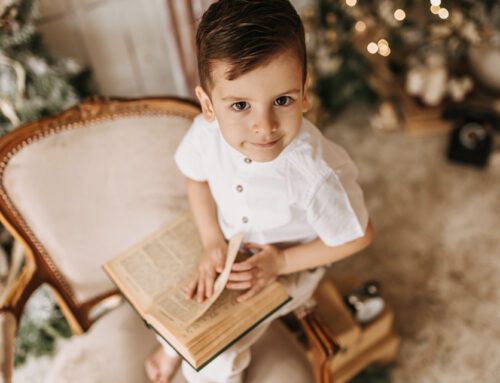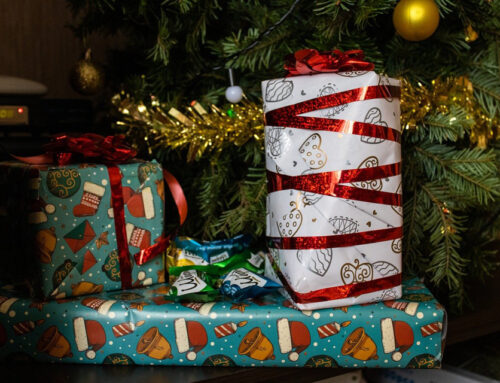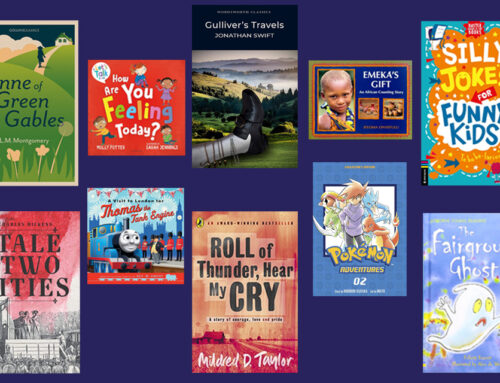Congratulations to all our winners and runners up and thank you to everyone who took part in our 55th Anniversary Creative Writing Competition, raising funds for Potential Plus UK. We had some brilliant submissions and as you can see from the judges comments below, it wasn’t an easy task for them to select the winners!
Our Competition Judges
- Leah Crawford is an English consultant, presenter and writer. She works with Opening Doors and Let’s Think in English on providing high challenge with access for all.
- Joy Morgan was a secondary school teacher for many years and is now a Trustee of Potential Plus UK.
Message from the Judges
“Wow, what a pleasure it has been to judge the entries for the Being Me writing competition. So many wonderful stories which made us laugh, smile, frown and even shed a tear. Each one was a delight to read, drawing us into your worlds with skilful use of language, character development and storytelling in such a short format.
Choosing winners for each category was extremely difficult and required a lot of discussion, thought and deliberation. So many stories stood out and could easily have won. However, we are confident that we were able to select the right winners and runners up in each category. To accommodate so many excellent entries, we made a slight adjustment to the age groups to balance out the entries.
Thank you for showing us some of your creative writing skills. We hope to hear from you again.”
The Results
Winner: Butterfly Magic by Summer Belle F. Aged 5
Runner up: Dog on Bus by Faith B. Aged 8
Winner: Words by Natty P-L. Aged 11
Runner up: The Day That Changed the World by Isabella W. Aged 10
Winner: What Can and Will Be by Scarlett S. Aged 14
Runner up: The Glass Figure that Was Me by Shruti B. Aged 12
Ages 3-8
Winner: Butterfly Magic by Summer Belle F. Aged 5
Judges’ comments, “There is such courage in such a young writer to write with rhythm, rhyme, repetition and drama. The judges wondered if you too are emerging from your cocoon, spreading your wings and flying?!”
Butterfly Magic
Caterpillar, caterpillar long and green
munching on that green leaf.
Getting bigger every day
123 BOOM!
It turned into a cocoon.
So give him room.
Spread the wings and Boom!
Fly, fly, fly you beautiful
butterfly.
Runner up: Dog on Bus by Faith B. Aged 8
Judges’ comments, “We loved the quirky, witty confidence of this poem. It helped us to step into the shoes of the writer, enjoying and celebrating how they feel in the world.”
Dog on Bus
On the bus with mum
Having lots of fun
Panting like a dog
On a log.
Barking to people passing by
People looking at me, I didn’t mind.
I have sensory needs, and love being me
I love being an animal
Confident and free.
Ages 9-11
Winner: Words by Natty P-L. Aged 11
Judges’ comments, “This memoir gave us such vivid and mature insight into the emergence of this young writer’s talent. We just loved the simile ‘My brain refuses to communicate on paper as an operating system refuses to use an outdated computer.’ and the powerful metaphor of Rose holding your back upright. The ironic contrast between those frustrating early struggles with phonics versus the wit and maturity of the writing is this piece’s real strength.”
Words
Words never came easily to me. I had to laboriously force my reluctant fingers to form miniature hieroglyphics, tying my grey matter in complicated knots to emit forth phonic strings and acceptable recognised placement on white, unforgiving stretches of bleached wood. My ineptitude and struggles were not hidden; my shame was there for everyone to see in raven black against pure innocent snow. My teachers snarled initially that effort should be applied, then as time inexorably progressed a mist of indifference dropped over their frustrated eyes and I became a “disappointment”. Potential that had excited my parents and lit their eyes with vicarious desire, became a cloak of sadness and resignation. My peers sneered and sniggered at my laughable attempts to produce legible communications, something that they found came naturally after the early ham fisted attempts morphed into stunning swirls, order and beautiful words. Meetings were held, futures discussed and debated, specialists consulted to provide reason in the unknowable, illogical, minefield of failure. I frustrated everyone: I frustrated my educators, I frustrated my family, I frustrated my few supportive friends, but most of all, I frustrated myself.
She came up the stairs to my room, dark hair curling against her woollen coral jumper. Her eyes danced as she introduced herself: Mrs Agechild, to be known to me as Rose. Rose became my light, drawing me to illuminate my tangled neurotransmitters that couldn’t, wouldn’t work as instructed and desired. She gave me names and reasons, she gave me solutions and support, she gave me confidence and esteem. Complex and incomprehensible words previously bandied about as problems and issues became solutions and answers; dyslexia and dysgraphia. My brain refuses to communicate on paper, as an operating system refuses to use an outdated computer. Rose held my back upright as we navigated the world of “special educational needs” and “Senco coordinators”, quiet rooms and “Extra time” as if I was damaged and broken.
Progression wasn’t linear, or without challenges. Some teachers, irritated by requirements outside their expertise, struggled to understand. Surely if I practised swirls, held my pencil correctly/with a lighter grip/with a firmer grip, they would be hailed as educators who had solved the problem and negated the reason for complex laptops and electronic filing systems and communications. However for me, using a keyboard to communicate became joyous, wonderful, inspiring. Some teachers once again smiled with delight at the words I now managed to translate onto virtual screens. My shoulders relaxed in class and I could be transfixed by lessons rather than dreading inevitable minutes spent attempting to form scrawled shapes. Writing became a release, an answer. I may not be able to generate the writing of my forebears, but my words are in the format of now and the future, and I am glad.
Runner up: The Day that Changed the World by Isabella W. Aged 10
Judges’ comments, “This 10 year old writer has not only created a vivid and disturbing dystopian future world, but has done so through the voice of a caged and clipped bird. The shift in narrative viewpoint to the child in the epilogue is beautifully managed and brave. We imagined that the ’new purpose’ of the character to act on climate change is felt deeply by this writer and this way we were getting to know what it is like being them.”
The Day that Changed the World
As the first tourists emerged from their cars, I hopped about nervously. I know I shouldn’t be silly after seven hundred and thirty-four days of being trapped inside the barbed wire fence, but people always make me feel giddy. I haven’t had such a good experience with them anyway. Two years ago, the last of the blue-and-yellow macaws died (but me of course) and people tried to hunt me down. Within four days they captured and imprisoned me with a redwood tree. They broke my wings so I couldn’t fly away and I’m fed with bird food and water filtered from the polluted Lake Tahoe. Being the last living macaw alive, I have many visitors. Every now and then, young children or
elderly men and women illegally feed me nuts and berries, which I collect gratefully and hide in the hole in the massive trunk of the redwood tree that two men made for me to sleep in.
The clouds in the sky are always dark grey from the factories and car fumes, and that makes it dangerous to be out in the rain. Plastic is always scattered around me and I can’t believe what humans are doing to our Earth! My great-grandfather told me stories of how he and his friends would welcome the presence of the sun with birdsong then soar high above California, which sounded blissful. He said there used to be this lovely thing called grass, which was like a natural green carpet outside where flowers of all colours bloomed, and at night he could see the bright moon and stars twinkling at you. He said that because the earth’s temperature had risen by two degrees Celsius we were now facing the disastrous consequences. He also told me how humans and animals once lived in harmony, but then people found the ocean and nature an easier solution to dump their every growing trash. He said that he once flew over a small stretch of beach and saw a crowd gathering around a dead whale with a deep gash in its side – probably
from a plastic fishing net. He said that as time went, our earth was slowly dying. In fact, by the year 2051, there was more plastic in the sea than fish and in 2074 it was announced that it was no longer safe to eat sea animals because they digested too much rubbish.
I suddenly notice a young child holding a slightly squashed strawberry in her outstretched hand. She giggles as I take it happily and wander around the inside of the fence. As I do, I think about the girl and ponder how such a sweet, harmless creature could want to do this to our planet? I turn around and face the camera lights again. I see a broad-shouldered, burly man with thick, frowny eyebrows and realise that some people aren’t to blame for the horrors we are facing. I suddenly hear a loud ‘buzzing’ noise in the sky and look up. A helicopter is circling me with a massive spotlight. I cryout in frustration and fear and run to my little cave. I press into the side and breathe in the smell of dry bark. I swear to myself that one day I will escape this prison.
Before I was locked up, my family and I lived in the Forest of Redwood. When I leave, I will stay in the safe branches of my old home. I mean, there must be more to this barren wasteland, right? Monty, the man who feeds me, is waving frantically for me to come out. I ignore him and nibble at my strawberry. The sweet juice of the fruit dribbles down my beak and as I savour the taste I feel slightly reassured. I am sick of the soil-tasting bird food that I am fed and even the smallest of berries is a treat to me. Monty is shouting threats in my direction because the loud crowd is starting to get angry. I spot the same burly man trudging back to his car angrily, and I can’t help feeling a little triumphant. Monty is now red in the face and is striding forcefully towards me. I step out of my nest so he doesn’t see the nuts and fruit hidden away and flap my wings helplessly. My feet suddenly lift off the ground and I’m hovering in the air. A large gust of wind blows some sand off the concrete and I take flight! After all the long, miserable months since they broke my wings, they have re-grown without me noticing. I glide higher and up and over the barbed wire fence. My under feathers are the prettiest – they are a gold yellow that shine in the sun – and the people beneath me gasp in wonder. I had memorised the way to this horrible prison from my home in case I ever made an escape so I head in what I remember as the way ‘home’. As I get further away the crowd’s noise gets fainter and the helicopter tries to chase me but I soon outfly it.
I smell salty sea air and spot a beach not far off. I know there is no one there so I land after about an hour of flying. Papa had taught me how to paddle along in water, and I had taught myself how to dive. I used to watch the seagulls break in and out of the water in awe, and I decided I wanted to try. Soon I mastered it and I could happily keep myself entertained for hours. I am hot so I hop towards the sea and duck my head in the water, coming up for air every now and then. It was a game I used to play with myself on hot days when I was little. I feel the water grabbing uncomfortably at my neck so I walk along the grey sand feeling slightly refreshed. I take flight once more and excitedly head back to my old home. For some reason, it seems harder to glide. I turn my head to look behind me, and that seems harder too! My breath is coming out in strained gasps and I look down. A sharp, plastic fishing net is strung around my neck and I panic. I must have gotten caught up in it when I was in the water. I twist and turn but all the while it seems to be getting tighter, not loosening up. I flap my wings hard but I am getting closer and closer to the ground. My feet slam painfully onto a plastic water bottle. I am on a landfill site and I am still struggling to breathe. I look around me and wish I was back at my real home. I’m sure it should be somewhere near but as far as I can see, the landscape is barren with the odd tree stump. My vision is blurred as something finally hits me. This is my home. I choke and cry out in despair. How could such a beautiful place become… this? I close my eyes and call out desperately for Mama and Papa. My lungs fight endlessly for oxygen and I suddenly can’t breathe anymore…
Epilogue
A young child of about four years old sadly held her mother’s hand as they drove home. They passed a beach and stopped at the landfill site. Her dad picked up some unneeded rubbish from the car to go and bury. On his way back, he cried out in shock.There, in front of him, was the bird that everyone was looking for. It had a sharp plastic fishing net tied around its neck, and it was bleeding. He picked up the dead, unmoving macaw and carefully carried it to his car. He handed it to his wife and drove to his house and when he and his family arrived, he went to his back garden and buried the bird under the shade of the artificial tree in his back garden, after removing the net from its neck. The father turned his back on the bird and went back into his house but let his daughter stay outside. She had a slightly squashed strawberry in her outstretched hand, and she gently placed it on the buried bird. “Bye, bye, birdy.” she whispered, before storming back inside with a new purpose.
Ages 12-18
Winner: What Can and Will Be by Scarlett S. Aged 14
Judges’ comments, “This essay stood out as having a clear line of argument whilst affecting the reader with deft literary language and rhythmic prose. This is a hard balance to pull off. There is such a strong spirit here working effortfully to remain unchained in their thinking. Astonishing.”
What Can and Will Be
Being me is staying true to myself. Choosing what is best. What will take me the furthest. Holding the light next to me in the day and only closer at night; a beam of trust to guide me. For now, it seems like everywhere I go is somewhere that hides truth behind an innocent mask. The little lies we see and hear all too often. After all, media hides what a mirror shows. It silences the quiet voices with the ones who vow their loyalty to empty minds. The schools that receive young children, born playful with bouts of creativity yet leave with minds set on money and appearance. Nobody seems to take the time to just stop and think. To think beyond the who, where, when and how. What happened to the why? Why are we living like this? Why are we so wrapped up in what others think about us? Why did it become their thoughts over our own? Because being me is minding the thoughts of only those who matter. The rest? Inconsequential. A stranger’s opinion will never define me.
Unfortunately, not everyone sees life in that viewpoint. Some succumb to those around them, words rarely needed in the face of a stare, cold and judgemental. A single pair of eyes, enough to make a person change. Anything to receive a stare of admiration. Of esteem. Of worthiness instead. But remember, the creation of beauty is always scarred with the thoughts of ugliness and pain. To observe one as beautiful, we must observe another as ugly. But since neither have a definitive measurement, we cannot define it. Being me is knowing that we can never be either of the two; just a combination of both that we must accept and eventually learn to love.
There are many things many people could wish to be infinite. The lifespan of a loved one, object or even themselves. The money to satiate a need or a want, a necessity or a luxury. Infinite safety, protection. Infinite food, water. Again, many things. We all eventually come to terms that the finite isn’t so beautiful when it ends. When the joy we feel from watching a film ceases because it ends. When the love we feel from a loved one ceases because their life ends. When the warmth we feel ceases because the candle runs out. Being me is learning to appreciate the fact that finite is both temporary happiness and temporary pain. That I should gratefully treasure the moments I have with the finite and treasure them again when they are gone. To understand that I should relish the finite more than the infinite because the finite is what won’t last forever.
Sometimes, it is far better to overestimate than underestimate ourselves because we can always reach more if we fail at the top than succeed at the bottom. We can test our potential. Reach it. Use it to our advantage. We’ll only know how far we can go if we get up and start our own journeys. Being me is breaking limits, working every part of myself beyond belief to reach the unbelievable. Something I can be remembered for. Loved for. Whether it be words, knowledge, love or something else worthwhile, being me is knowing what can and will be.
Runner up: The Glass Figure that was Me by Shruti B. Aged 12
Judges’ comments, “This poem has such a strong and confident voice. It expertly develops the extended metaphor of a future self-guiding the girl in a brace to her future. We found it deeply poignant and up-lifting. Keep writing ‘lopsided poet’.”
The Glass Figure that was Me
She stands, alone,
Abashed and disdained by herself,
Without a little cornerstone,
She’s afraid.
She’s sad and upset,
She wants to join the children in play,
She feels like her, they neglect,
She wants to climb trees and jump midway.
She’s burdened with a mighty load,
Of plastic and of pain,
Her skin burns under the load,
The heavy menacing brace.
Yet she wears it,
Yet she wants it,
Yet she wants to get better.
She’s gone through this, that, the other,
She wants to be unnoticed,
She bore it and she braved it,
Now she doesn’t fear it.
I take her hand and lead her on,
To greater things beyond,
She’s strong, she’s bound to break the flame,
The glass figure that was me.
By the lopsided poetess who wears a scoliosis brace
Shruti B.
If you enjoyed reading our winning entries, then we would love you to donate to our 55th Anniversary fundraiser, of which this creative writing competition was a part. If you are able to make a donation, of any amount, we would be very grateful, as it helps our charity to continue to support more young people – such as Maddy who might never have had the confidence to develop her creative writing talent without the support of Potential Plus UK. Read more about her story and how we supported her in Maddy’s Story – “I want to be normal!”

